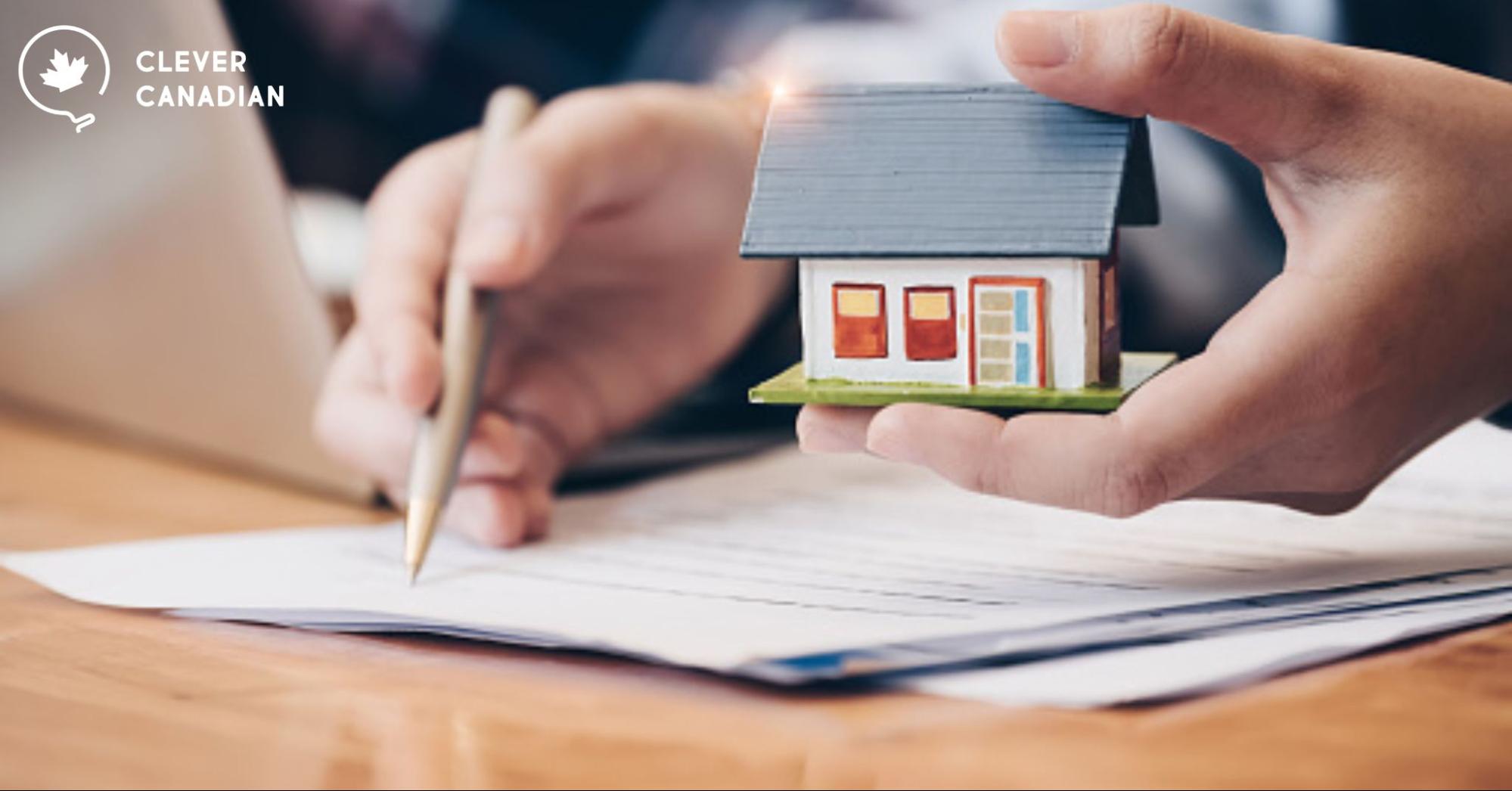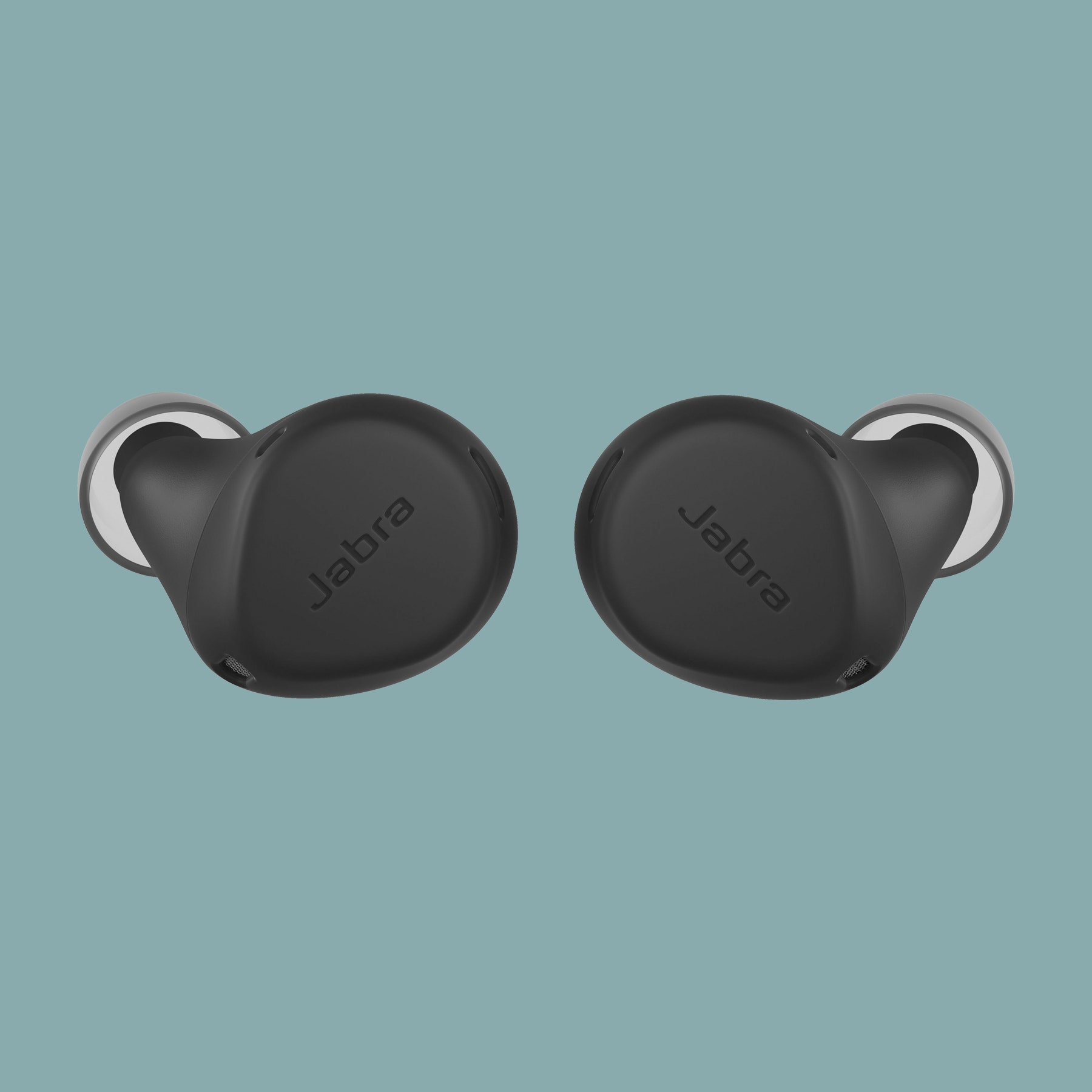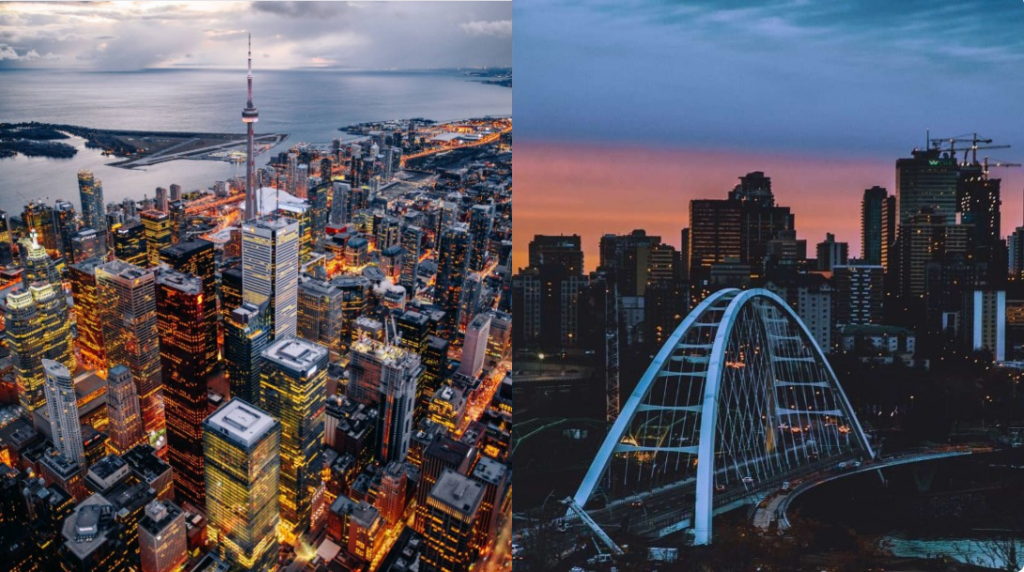Categories > Guides and Tips

Everything You Need to Know Before Buying a House in Canada
- What should I know before buying a house in Canada?
- 6 Things You Need to Prepare When Buying a House in Canada
- The basic requirements for homebuyers
- Enough money for a down payment
- Getting approved for a mortgage
- Prepare the needed documents
- Check and increase your credit score
- The Two Popular Types of Mortgages in Canada
- Various Mortgage Lenders in Canada
- Applications for first-time homebuyer incentives
- A reliable real estate agent
- Closing cost and taxes
- The Average Cost of Buying a House in Every Major City in Canada
- Do’s and Don’ts When Buying a House in Canada
- DO’s: 4 Helpful Tips When Buying a House in Canada
- Consider your budget
- Educate yourself about the local market
- Get your finances in order
- Research your preferred neighborhood and amenities
- DON’Ts: The 4 Common Mistakes When Buying a House in Canada
- Not studying real estate market trends
- Not knowing your credit situation
- Not securing professional assistance
- Failing to get home insurance
- FAQs about Buying a House in Canada
Buying a home is an exciting and monumental step. From finding the perfect house to securing financing, you want to make sure every detail is just right so that your new home in Canada is a dream come true.
But with so much information out there telling you what to do and what not to do, it might be confusing to know what should come first when buying a house. In this article, we’ll guide you about what you should know before making your big purchase, so read on!
What should I know before buying a house in Canada?

When buying a house in Canada, you must know some key information before you start the process. You must first determine if you are financially ready and capable of getting a mortgage.
You must also learn of the requirements, such as the needed documents and then factor in the closing costs and taxes. Also note that only citizens and permanent residents ages 18 and older can buy a house in Canada.
Knowing all these nuances of the process can help ensure that your purchase goes smoothly and without any surprises later on down the road, even if you have a reliable real estate agent.
Overall, buying a home is both an emotional and financial decision and requires careful thought, research, and planning. So let’s start with the things you need to prepare!
6 Things You Need to Prepare When Buying a House in Canada
When you’re buying a house in Canada, there are a few things that you need to be prepared for. From paperwork and taxes to fees and insurance, you’ll need to have everything in order before you can make the purchase.
1. The basic requirements for homebuyers
Buying a house in Canada is an exciting and life-changing decision. However, before you dive in, there are some basic requirements you need to know.
You must have a good credit score
A good credit (650 or higher) is essential for any large purchase. It shows potential creditors that you can handle your debts responsibly and are more likely to pay them back on time.
Enough money for a down payment and/or closing costs
Down payments usually range from 5-20% of the total purchase price and closing costs vary depending on the province or territory where you plan to buy property.
Budgeting for your mortgage payments
You’ll need to factor in your mortgage repayment, insurance, taxes and other fees into your budget before signing on the dotted line.
Age and residency status
You must also be 18 years of age or older and a Canadian citizen or permanent resident if you plan to purchase a house.
You will also need to be able to show proof of sufficient funds, such as your income tax returns and bank statements. Additionally, it’s important to have an emergency fund on-hand in case of unforeseen expenses or sudden changes in your financial situation.
2. Enough money for a down payment

The purchase of a house in Canada typically requires you to have enough money to make a down payment (usually five percent of the entire price). This may seem like a daunting number, especially if you’re on a tight budget.
The good news is that you don’t have to come up with all the money at once. Most buyers in Canada use a combination of savings, investments, and financial assistance or government grants to cover their down payment.
Even if your savings aren’t enough, there are several loan programs designed for first-time homebuyers that can help bridge the gap between what you have and the amount you need for your down payment.
Down Payment Assistance Programs by Province
• Nova Scotia Down Payment Assistance Programs
Interest-free loans of up to 5% of the purchase price of a home ($280,000 maximum home value).
• Prince Edward Island Down Payment Assistance Programs
Interest-free loan of up to 5% of the home’s purchase price (maximum $11,250) that is to be used toward the down payment.
• Quebec Down Payment Assistance Programs
If you apply to this program, you’ll be required to deposit at least $100. Doing so, the SHDM (Montreal’s housing development authority) will grant you an advance amount equivalent to the percentage of the house price.
You can then use this as a down payment (this applies if you purchase a unit accredited by them).
• Alberta Down Payment Assistance Programs
This program will act as a backup mortgage and will pay either partially or fully for your down payment, which should be no more than 5%.
• New Brunswick Down Payment Assistance Programs
This offers a repayable loan for a total of 40% of the purchase price of the home or up to $75,000.
When planning your down payment, it’s important to consider any additional fees or taxes associated with the purchase of your home such as legal fees, property transfer tax, home inspection fees and moving costs.
3. Getting approved for a mortgage

If you’ve decided to take the plunge and buy a house in Canada, one of the first things you’re going to need to do is get approved for a mortgage. It can be a daunting task for anyone, even seasoned home buyers, so we’re here to help you through it.
Prepare the needed documents
Getting approved for a mortgage in Canada requires quite a bit of documentation. You should be prepared to provide proof of income, employment history, credit score and other financial information.
It’s best to gather all of your documents ahead of time so that your lender has everything they need when processing your loan application.
Check and increase your credit score

Having a good credit score is essential if you want to secure the best rates on your loan. Before applying for a loan, it’s important to check what your credit score is and try to increase it if needed.
A higher credit score will help you get better terms on your loan, or even qualify for loans that may have been out of reach with an average credit score.
The Two Popular Types of Mortgages in Canada
Next, let’s discuss the two most popular types of mortgages: fixed-rate mortgages and variable-rate mortgages (VRMs).
| Fixed-Rate Mortgages | A fixed-rate mortgage has an interest rate that remains unchanged over the life of the loan. This is a great option if you want to avoid issues caused by changing interest rates. However, fixed-rate mortgages usually require higher down payments (usually 20% or more) and may have higher closing costs. |
| Variable-Rate Mortgages | Variable-rate mortgages are based on current market rates, so they can fluctuate over time. This makes them riskier than fixed-rate mortgages but they may also come with lower closing costs. VRMs may require lower down payments than fixed rates (as low as 5%), but this could mean higher monthly payments and trading flexibility for stability when it comes to your mortgage costs over time. |
Various Mortgage Lenders in Canada
When buying a house in Canada, you can apply for your mortgage loan in one of the following ways::
- Banks
- Caisses Populaires
- Credit Unions
- Insurance Companies
- Loan Companies
- Mortgage Companies
- Trust Companies
4. Applications for first-time homebuyer incentives

If you’re a first-time homebuyer in Canada, you may be eligible to take advantage of incentives. The federal government offers a number of programs that can help, such as the First-Time Home Buyer Incentive and Mortgage Insurance.
First-Time Home Buyer Incentive and Mortgage Insurance in Canada
First-Time Home Buyer Incentive
The First-Time Home Buyer Incentive is designed to help qualified first-time homebuyers reduce their monthly mortgage costs without adding to their financial burden.
Under this program, the Government of Canada provides an interest-free loan of 5% or 10% of the purchase price to the lender. This reduces your monthly mortgage payment while allowing you to keep more money in your pocket.
Mortgage Insurance
Mortgage insurance is designed to protect lenders against potential losses if you default on your loan payments. When you apply for a mortgage, lenders often require that you purchase mortgage insurance if you have a down payment of less than 20%.
This insurance helps protect them from any losses should you default on your loan and helps with getting approved for financing with a smaller down payment.
By taking advantage of these programs offered by the federal government, qualified first time home buyers in Canada can reduce their monthly mortgage costs and make it easier for them to purchase their dream home.
5. A reliable real estate agent

Finding a real estate agent is essential when you’re buying a house in Canada. After all, they can help you with every step of the process, from researching and finding homes to negotiating the right price.
Tips in Finding a Real Estate Agent
1. Ask around—both online and in person.
Do some research on realtors who specialize in the market where you’re looking to buy, then ask around for recommendations from friends, family and colleagues. You can also search online for realtors’ reviews and ratings that are posted on sites like Zillow or Realtor.
2. Choose someone with experience and expertise.
Make sure that your chosen realtor has enough experience in both the area where you’re looking to buy a house, as well as the type of property you want (single-family home, condos or townhomes).
Ask them what certifications they have that can help you get the most out of your home purchase, such as being an accredited buyer’s agent or having a Certified Real Estate Brokerage Manager (CRB) designation.
3. Make sure you feel comfortable with them.
Buying a house is an emotional process, so it’s important to choose someone who understands this. Make sure that your potential agent listens to your needs and is willing to be patient during the entire process.
TIP: It’s okay to interview multiple agents before making your decision!
6. Closing cost and taxes

One of the key things you need to keep in mind before buying a house in Canada is the closing cost and taxes. Some people actually end up getting shocked by this.
- Closing Costs
Closing costs usually amount to around 2-5% of the total purchase price and they cover things like lawyer’s fees, home appraisal and land transfer tax. This can add up over a few thousand dollars, so it’s important to factor this into your budget.
- Property Tax
Another thing to consider is property taxes. This will vary depending on where you live, but generally property taxes are charged at a rate of 0.75%-2% of the assessed value of your home.
This will be collected by your local municipality either annually or semi-annually, so make sure you budget for this too!
The good news is that most buyers can spread out these costs over a period of time through their mortgage payments, but it’s still something you should factor into your budget when calculating how much house you can afford.
The Average Cost of Buying a House in Every Major City in Canada

When it comes to the cost of buying a home in Canada, let’s start with the averages. On average, Canadians are spending $470,000 to buy a house.
This number varies based on where you live — in major cities like Vancouver, Toronto and Montreal, the average cost is much higher than in smaller cities or rural areas.
| Canadian Cities Average House Prices April 2020 | ||
| City | Average House Price | Year-over-year Change |
| Vancouver, BC | $1,240,736 | +10% |
| Toronto, Ont | $1,098,502 | -5% |
| Ottawa, Ont | $655,796 | -2% |
| Calgary, Alb | $522,971 | +4% |
| Montreal, Que | $584,039 | -1% |
| Halifax, NS | $532,728 | +8% |
| Regina, Sask | $313,561 | – 5 % |
| Victoria | $956,817 | – 4% |
Clearly there’s a lot of variation across the country when it comes to buying a house — prices depend on location and housing market conditions.
Before purchasing a home in Canada, make sure you do your research and understand what prices look like where you want to buy — and don’t forget to factor in all the associated costs associated with buying a home!
Do’s and Don’ts When Buying a House in Canada
Buying a house in Canada is a big decision, and it’s important to get it right. To make sure your home buying experience goes as smoothly as possible, here are some things to consider:
| Do’s | Don’ts |
| • Consider your budget • Educate yourself about the local market • Get your finances in order • Research your preferred neighborhood and its amenities | • Ignore real estate trends • Be ignorant of your credit situation • Not securing professional help • Not getting home insurance |
DO’s: 4 Helpful Tips When Buying a House in Canada

1. Consider your budget
You need to be realistic about what you can afford when looking for a house. You should also be aware of any costs associated with the process such as closing costs and legal fees.
2. Educate yourself about the local market

You should try to learn as much as possible about the area where you are planning to buy a house, including local demographics, housing prices, and availability of homes.
3. Get your finances in order
Make sure you have all necessary documents ready before searching for a house such as your credit score, proof of income, and debt history. This will help you present yourself better when negotiating with potential sellers.
4. Research your preferred neighborhood and amenities
Do some research on the neighborhood or community you’re interested in so you can make an informed decision on which house to choose.
Consider everything from schools, parks, public transportation options, shopping, restaurants, and recreational activities in the area so that you can be sure your new home is right for you and your family.

DON’Ts: The 4 Common Mistakes When Buying a House in Canada
1. Not studying real estate market trends
It’s important to research real estate trends in the region you’re looking to buy in. Researching trends will help you understand whether you’re getting a good deal or not.
Plus, it can help you plan your budget and determine what type of property will best suit your needs.
2. Not knowing your credit situation

Before applying for a mortgage loan, make sure to check and understand your credit situation. Many lenders look for potential buyers with strong credit scores, so if yours isn’t great, you may have difficulty securing financing.
3. Not securing professional assistance
It’s always best to obtain professional assistance when making such an important purchase — particularly if it’s your first time buying a house in Canada.
Professional agents can help navigate the process and provide valuable advice on things like budgets and home inspections that could save you money in the long run.
4. Failing to get home insurance
Don’t forget to get home insurance! Home insurance protects both your property and personal possessions from risks such as theft or natural disasters. It’s also mandatory for almost all mortgage lenders, so make sure to secure coverage!






